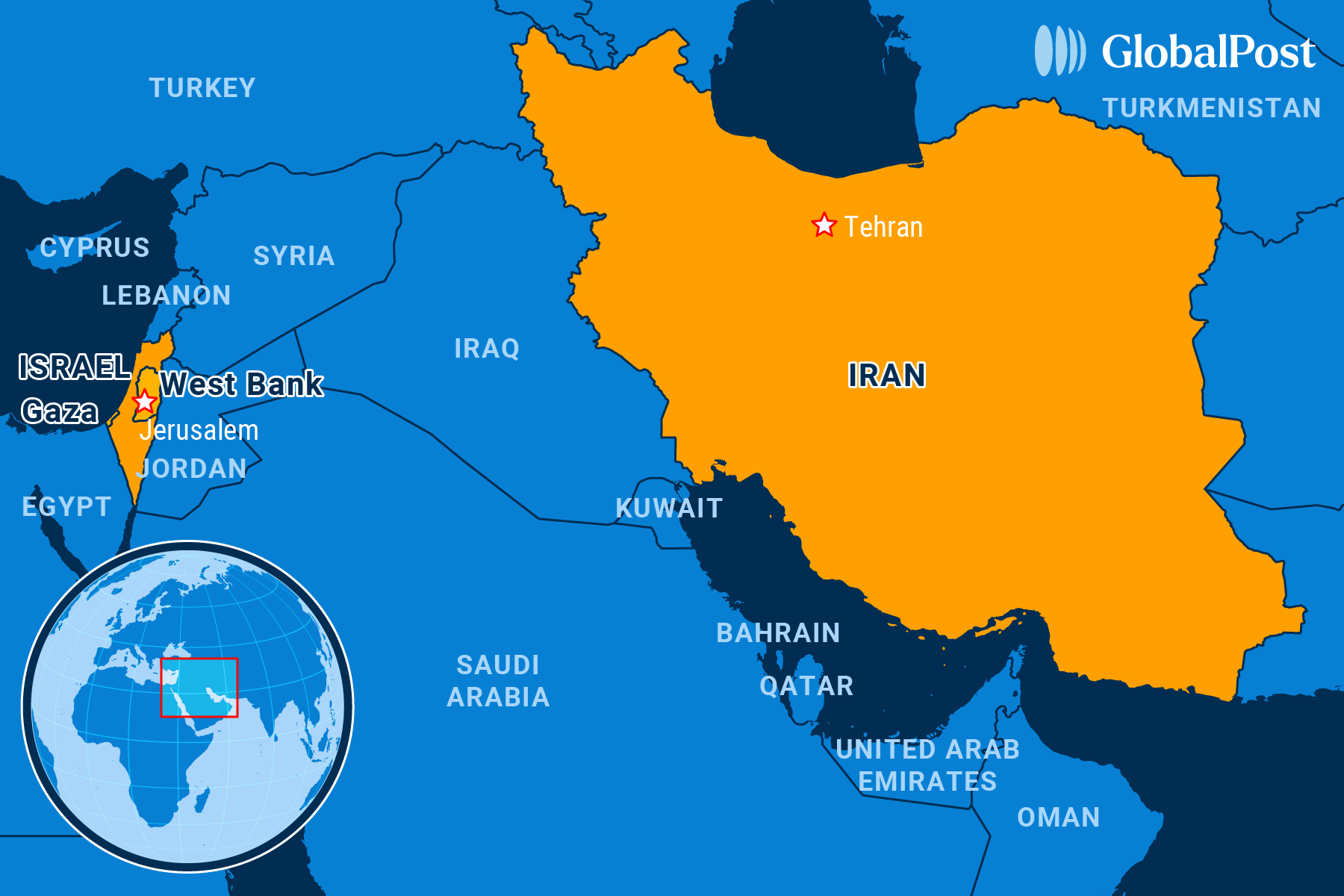Sending a Message

Israel launched a series of airstrikes on Iran over the weekend, marking its first openly acknowledged strike on Iranian soil, with targets including missile production facilities and air defense systems in a move aimed at crippling Tehran’s missile program but reducing the risk of a region-wide war, the Washington Post reported.
The strikes, carried out over approximately four hours, destroyed about 20 strategic targets, including 12 “planetary mixers” essential to Iran’s ballistic missile production, as well as four S-300 air defense batteries protecting key areas in Tehran and surrounding sites.
Israeli officials said the operation was intended to weaken Iran’s military infrastructure and limit its ability to replenish missile stockpiles for both itself and its regional allies, notably Lebanon-based Hezbollah.
The Israeli Defense Forces (IDF) framed the strike as a response to Iran’s missile barrage on Israel earlier this month, part of the ongoing, shadow conflict between the two nations, Axios added.
The Biden administration – briefed prior to the strikes – urged Israel to restrict its target scope to avoid nuclear and oil facilities and reduce the risk of civilian casualties.
Following the Israeli operation, the reaction in Iran was subdued, according to NBC News.
State media reported limited damage and four military fatalities, while the Islamic Revolutionary Guard Corps downplayed the attack’s impact on military operations, stating that most affected sites were already under repair.
Iran’s Supreme Leader Ali Khamenei suggested that the strikes should neither be exaggerated nor minimized, while Iran’s foreign ministry condemned the strikes as a violation of its sovereignty and reiterated Iran’s right to self-defense under international law.
Meanwhile, Jordan, Qatar and Saudi Arabia condemned the strikes as a destabilizing move, while urging restraint among all parties.
Analysts said the strikes could have major regional implications, as Israel’s targeted destruction of missile production equipment impedes Iran’s ability to restock its ballistic missile arsenal and affect its capacity to supply proxies, such as Hezbollah and the Houthis in Yemen.
Others also noted that the limited scope of attack could also serve as an end to the direct conflict between the two rivals.
Michael Milshtein, head of the Palestinian Studies Forum at Tel Aviv University’s Dayan Center, told NBC News that Iran may now feel “less reason” to escalate.
Yossi Mekelberg of analyst group Chatham House added that downplaying the damage will allow Tehran to symbolically “settle scores.” He added that this shift could open paths from military confrontation to diplomacy, though he cautioned that whether both nations pursue this remains uncertain.

Subscribe today and GlobalPost will be in your inbox the next weekday morning
Join us today and pay only $46 for an annual subscription, or less than $4 a month for our unique insights into crucial developments on the world stage. It’s by far the best investment you can make to expand your knowledge of the world.
And you get a free two-week trial with no obligation to continue.
